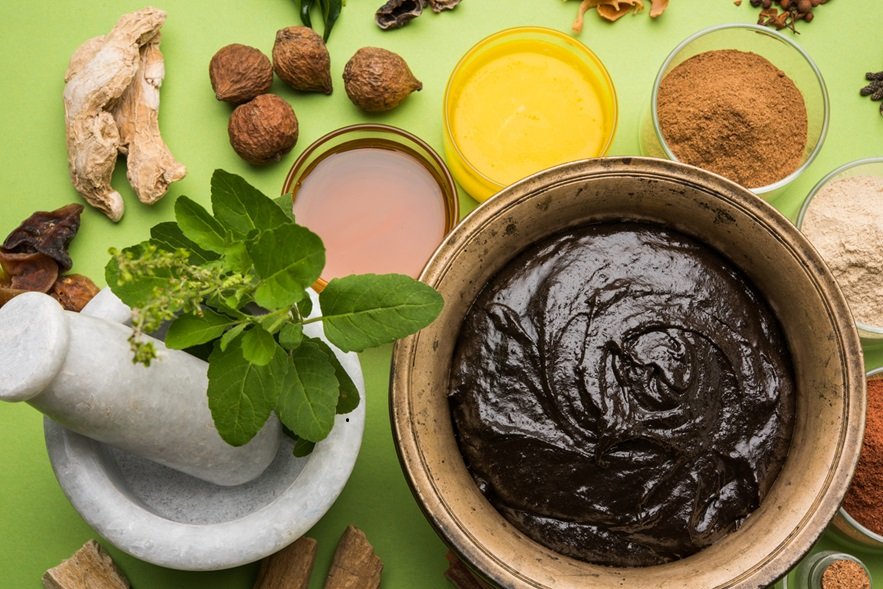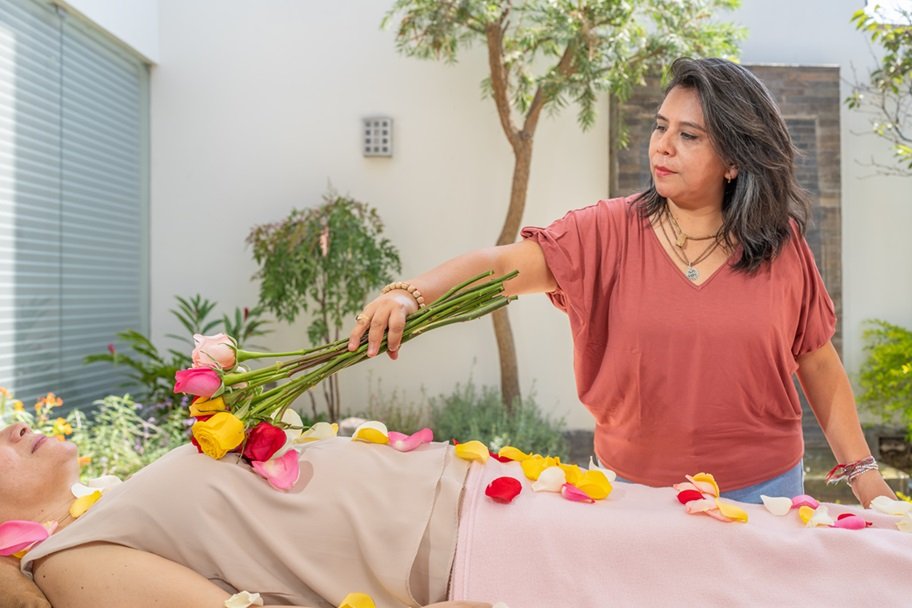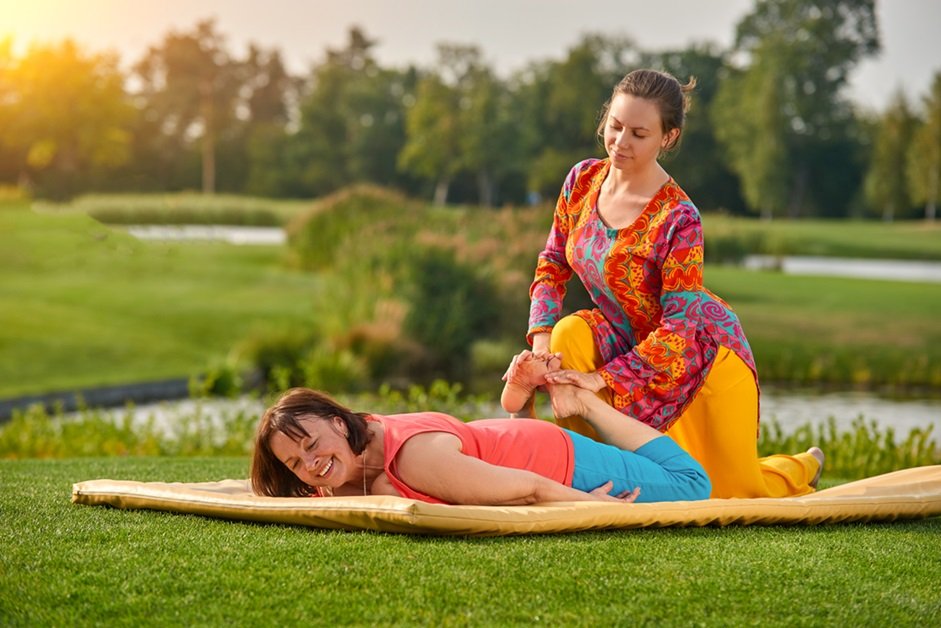
Ayurveda Massage (Abhyangam) Course in Rishikesh, India
Panchakarma is a traditional Ayurvedic therapy that involves a series of cleansing and rejuvenating treatments designed to restore the body’s natural balance and promote overall health and well-being.
Introduction to Ayurveda and Abhyangam
Ayurveda, the ancient Indian system of medicine, emphasizes a holistic approach to health and wellness. One of its keny therapies is Abhyangam, a form of Ayurvedic massage that involves the application of warm herbal oils to the body. This practice is designed to promote overall well-being, detoxify the body, and restore balance to the mind and spirit. Ayurveda massage, rooted in the ancient Indian system of medicine known as Ayurveda, is a therapeutic practice that aims to promote holistic health and well-being. This form of massage employs various techniques and herbal oils to balance the body’s energies, improve circulation, remove toxins, and enhance both physical and mental relaxation.
Our Ayurveda Massage Course Objectives
Ayurveda Massage Course Curriculum
1. Introduction to Ayurveda
- History and Philosophy
- Basic Principles: Doshas (Vata, Pitta, Kapha), Dhatus (tissues), and Malas (waste products)
- Concept of Prakriti (body constitution) and Vikriti (imbalances)
2. Fundamentals of Abhyangam
- Definition and History
- Indications and Contraindications
- Benefits: Physical, Mental, and Emotional
3. Techniques and Procedures
- Preparation for Massage: Setting up the environment, preparing the client
- Massage Strokes: Effleurage, Petrissage, Tapotement, Friction
- Sequence of Massage: Head, Face, Neck, Back, Arms, Hands, Legs, Feet
4. Herbal oils and Their uses
- Types of Oils: Sesame, Coconut, Mustard, etc.
- Infusing Oils with Herbs: Selection based on Dosha
- Therapeutic Properties of Different Oils
5. Practical Sessions
- Demonstrations by Experienced Practitioners
- Hands-on Practice with Supervision
- Techniques for Self-Massage
6. Anatomy and Physiology
- Understanding the Human Body in Ayurveda
- Key Marma Points (vital energy points)
- Impact of Abhyangam on Musculoskeletal and Nervous Systems
7. Health and Wellness Integration
- Combining Abhyangam with Other Ayurvedic Practices: Diet, Yoga, and Meditation
- Developing Customized Wellness Plans
- Case Studies and Real-Life Applications
8. Professional Practices
- Client Consultation and Assessment
- Ethics and Professional Conduct
- Setting Up an Ayurvedic Practice
Certification and Career Opportunities
An Ayurveda Marma Therapy course offers in-depth knowledge and practical skills in one of the most profound healing techniques of Ayurveda. It is ideal for healthcare professionals, wellness practitioners, or anyone interested in natural healing methods. This course not only empowers participants with therapeutic skills but also fosters a holistic understanding of health and well-being.
Contact Us
Discover the Power of Ayurveda for Optimal Health and Well-being
Newsletter
Join our community and never miss out on the latest in Ayurvedic healing.





